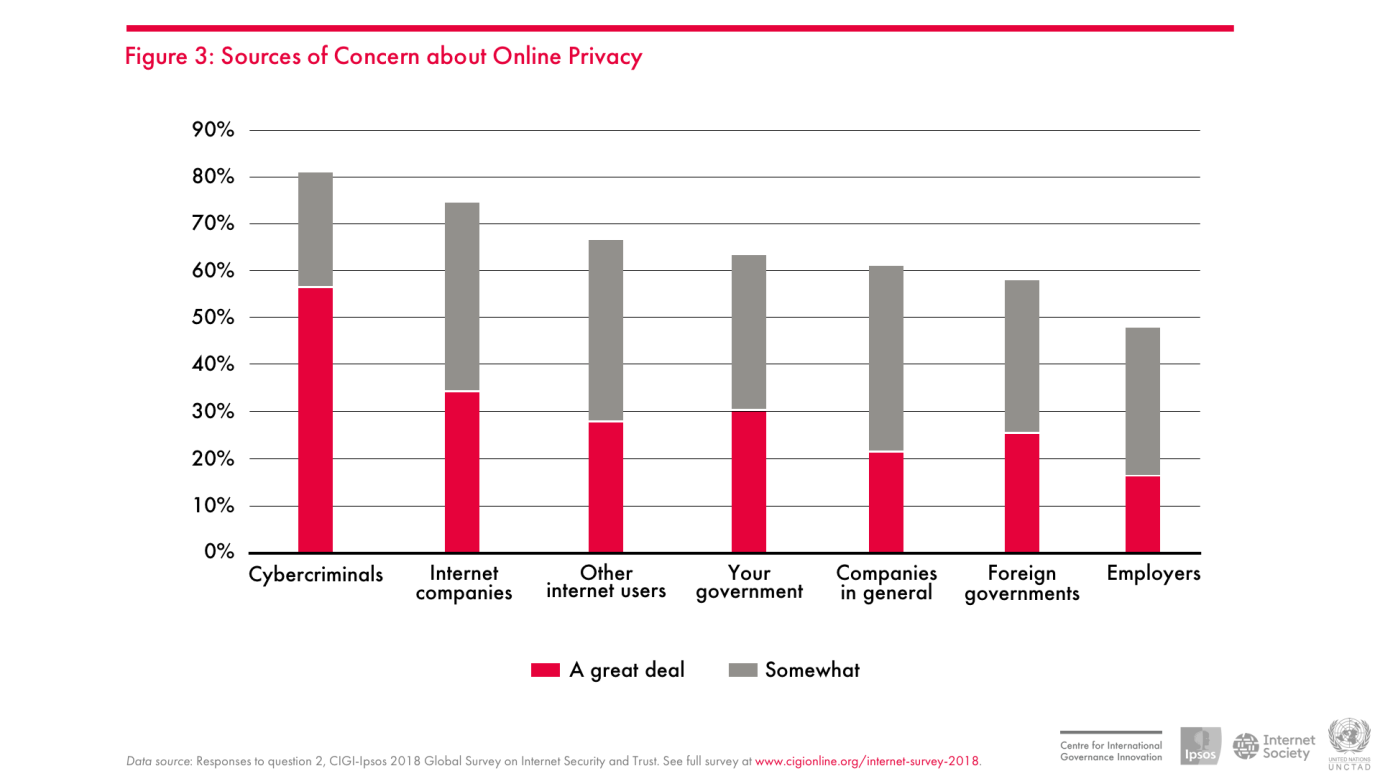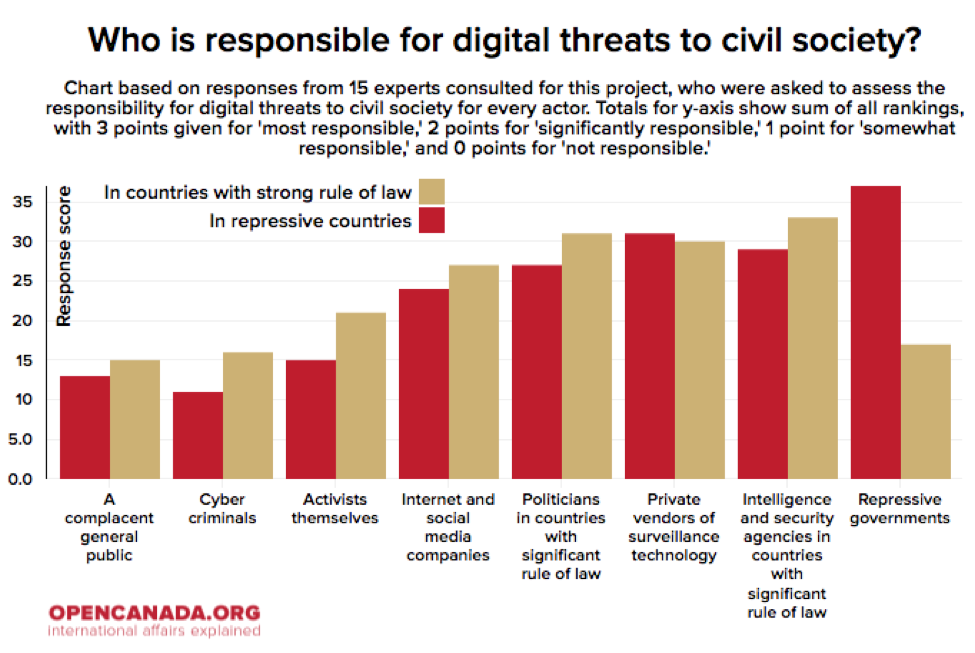 Advances in digitalization, robotics and artificial intelligence are transforming how we live Photo: Dan Gold
Advances in digitalization, robotics and artificial intelligence are transforming how we live Photo: Dan Gold
If you’re over 25, you will remember the process and cost of making a long-distance phone call, before Skype, FaceTime and WhatsApp. You'll also remember long journeys with just printed maps or your memory to get you to your destination, before GPS and Google Maps. The latter innovations are part of broader changes brought on by the Fourth Industrial Revolution, as advances in digitalization, robotics and artificial intelligence transform how we live.
But for all the emerging technologies that improve how we communicate with one another, manufacture and transport goods, and entertain and educate ourselves, there are important considerations around the data that is collected on us in the process, and what it is used for. Daily reports of privacy breaches, fears of social dislocation due to jobs being lost to automation, and the use of social media platforms for bullying and hate speech may undermine public trust in some of these emerging technologies.

Given these developments, there are clear opportunities for civil society actors to lead meaningful discussions on new technology-related challenges. Civil society’s historic mission is grounded in promoting social good through accountability, fairness, transparency and trust. With this background, civil society can contribute to and guide the implementation of new policies and standards that are in line with ensuring public good. This can be accomplished by cooperating and collaborating, and addressing areas where technologies work counterproductively.
Over the past year, the World Economic Forum’s Civil Society team has conducted discussions with leading academics, civil society representatives and leaders, members of government and the private sector, who confirm the need for dedicated action on these technology-related challenges. In April 2018, the World Economic Forum hosted a workshop on Advancing Non-profit Impact, Practice and Responsibility in the Fourth Industrial Revolution at its San Francisco office, with more than 50 stakeholders participating. This workshop identified a clear need for developing sector leadership among civil society in modelling rights-based data and technology use, and for designing inclusive, collaborative processes for the social impacts of emerging technologies.

Given the rapid pace of change in the development and uptake of digital and emerging technologies, civil society is coming under pressure to be responsive to the new opportunities, demands and challenges presented. For example, in recent years drones have gained currency for their use in disaster relief efforts and delivering medical supplies to remote regions. A number of civil society organizations are taking the initiative to help define guidelines for drone use that promote privacy and human rights protections, while being sensitive to tensions that may emerge from using drones to address long-standing development issues. While there is some strategizing and dialogue among civil society actors, the process is incomplete, and not all key stakeholders are being fully engaged.
Moreover, some civil society organizations, particularly those with a global reach, have greater resources and networks to innovate and adapt than other organizations that work at a much smaller scale. Hence the need for collaboration to help bridge the gaps that are emerging from data usage, surveillance, cybersecurity and automation, among other areas.
Civil society has an important role in shaping the Fourth Industrial Revolution. The technological changes that are already impacting business and government operations will also affect civil society, presenting it with unique opportunities and challenges. Civil society organizations are being asked to do more than ever, whether on human rights advocacy, governance or humanitarian disaster response. But while being asked to do more, in many countries they are also coming under greater strain, due to heightened scrutiny from the public, constraints placed on civic space by governments, and questions about legitimacy.

The digital and emerging technologies of this era and the future add an additional layer of complexity to these dynamics. Consider again the examples of making long-distance phone calls and mapping out road trips, both of which are now significantly cheaper and easier to do because of technological advancements. At what cost do we use these advances, with respect to the monetization of our data or surveillance by third party agencies? In looking at the effects of emerging technologies in our everyday lives, the time is now for civil society to deploy the agility, adaptability and foresight to navigate these challenging issues.
